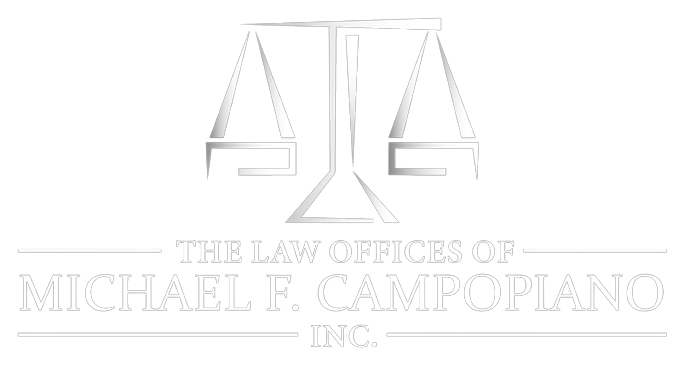When it comes to personal injury claims, finding the right lawyer to navigate the legal maze can make all the difference in the world. But with so many options to choose from, how do you know which lawyer is the best fit for your specific case? In this guide, we will provide you with valuable tips and insights to help you make an informed decision and hire the best personal injury lawyer for your claim. From evaluating their experience and expertise to assessing their track record and client testimonials, we will walk you through the essential factors to consider when choosing legal representation. Whether you are seeking compensation for a car accident, medical malpractice, or workplace injury, this guide will empower you with the knowledge and confidence to select a lawyer who will fight tirelessly for your rights. Don’t let the legal maze intimidate you – with our expert advice, you can navigate it with ease and secure the justice and compensation you deserve.
Understanding Personal Injury Claims
Personal injury claims arise from accidents or incidents caused by someone else’s negligence or intentional actions. These claims encompass a wide range of situations, including car accidents, slips and falls, product liability, medical malpractice, and workplace injuries. When you suffer harm due to someone else’s fault, a personal injury lawyer can help you seek compensation for your physical, emotional, and financial losses.
Why You Need a Personal Injury Lawyer
Navigating the legal process can be complex, especially when you are dealing with physical and emotional recovery. Hiring a personal injury lawyer can alleviate the stress of dealing with insurance companies, legal paperwork, and negotiations. An experienced lawyer will have a comprehensive understanding of personal injury laws and will fight for your rights to ensure you receive fair compensation.
Additionally, personal injury lawyers have access to a network of experts who can support your case, including accident reconstruction specialists, medical professionals, and economists who can calculate the value of your damages. By working with a lawyer, you can level the playing field and increase your chances of securing a favorable outcome.
Factors to Consider When Choosing a Personal Injury Lawyer
Choosing the right personal injury lawyer for your claim requires careful consideration of several factors. Here are some key aspects to keep in mind during the selection process:
Researching and Evaluating Potential Lawyers
Start by conducting thorough research to identify potential personal injury lawyers in your area. Look for lawyers who specialize in personal injury law and have a successful track record in handling cases similar to yours. Online directories, legal websites, and referrals from friends or family can be valuable resources for finding reputable lawyers.
Once you have a list of potential candidates, review their websites and online profiles to gather more information about their expertise, experience, and practice areas. Take note of any accolades, awards, or memberships to professional organizations that demonstrate their commitment to excellence in their field.
Questions to Ask During a Consultation
Schedule consultations with the lawyers on your shortlist to discuss your case and assess their suitability. Prepare a list of questions to ask during these consultations to gain a better understanding of each lawyer’s approach and capabilities. Some important questions to consider include:
- How long have you been practicing personal injury law?
- Have you handled cases similar to mine before? What were the outcomes?
- How do you communicate with your clients, and how often can I expect updates on my case?
- What is your fee structure, and do you work on a contingency basis?
- Can you provide references from past clients?
Assessing the Lawyer’s Experience and Track Record
When evaluating potential lawyers, their experience and track record should carry significant weight in your decision-making process. Look for lawyers who have a proven track record of successfully handling personal injury cases and securing favorable outcomes for their clients.
Experience in your specific type of personal injury case is also crucial. For example, if you were injured in a car accident, seek a lawyer who has a strong background in handling car accident claims. Their knowledge of relevant laws, regulations, and insurance practices can greatly benefit your case.
The Importance of Communication and Availability
Effective communication is essential for a successful attorney-client relationship. During your initial consultation, pay attention to how well the lawyer listens to your concerns and responds to your questions. A good lawyer should be attentive, empathetic, and able to explain complex legal concepts in a way that you can understand.
Additionally, consider the lawyer’s availability and responsiveness. Will they be easily accessible when you have questions or need updates on your case? Clear and consistent communication is crucial for building trust and ensuring that your needs are met throughout the legal process.
Fee Structures and Payment Arrangements
Understanding the lawyer’s fee structure and payment arrangements is vital to avoid any surprises later on. Most personal injury lawyers work on a contingency basis, meaning they only get paid if they win your case and secure compensation for you. Typically, their fees are a percentage of the final settlement amount, usually around 30% to 40%.
During the consultation, make sure to discuss the fee structure and any additional expenses you might be responsible for, such as court fees or expert witness fees. Transparency regarding fees and payment arrangements will help you plan your finances accordingly and make an informed decision.
Client Testimonials and References
One of the most effective ways to gauge the quality of a personal injury lawyer is to review client testimonials and ask for references. Testimonials can provide valuable insights into the lawyer’s professionalism, communication skills, and ability to achieve favorable outcomes for their clients.
Don’t hesitate to ask potential lawyers for references from past clients who had similar cases. Speaking directly with these clients can give you a better understanding of the lawyer’s strengths, weaknesses, and overall satisfaction with the legal representation they received.
Making the Final Decision and Moving Forward with Your Claim
After gathering all the necessary information, it’s time to evaluate your options and make a final decision. Consider the factors that are most important to you, such as experience, track record, communication, and fees. Trust your instincts and choose a lawyer who you believe will passionately advocate for your best interests.
Once you have selected a personal injury lawyer, they will guide you through the legal process, including gathering evidence, negotiating with insurance companies, and, if necessary, representing you in court. Remember to stay actively involved in your case and maintain open lines of communication with your lawyer.
Choosing the best personal injury lawyer for your claim requires careful research, evaluation, and consideration of various factors. By understanding the importance of experience, track record, communication, and fees, you can make an informed decision that will maximize your chances of securing a favorable outcome.
Remember, the legal process can be challenging, but with the right lawyer by your side, you can navigate the complexities of personal injury claims and fight for the justice and compensation you deserve. Take the time to find a lawyer who will prioritize your needs and vigorously advocate for your rights.






